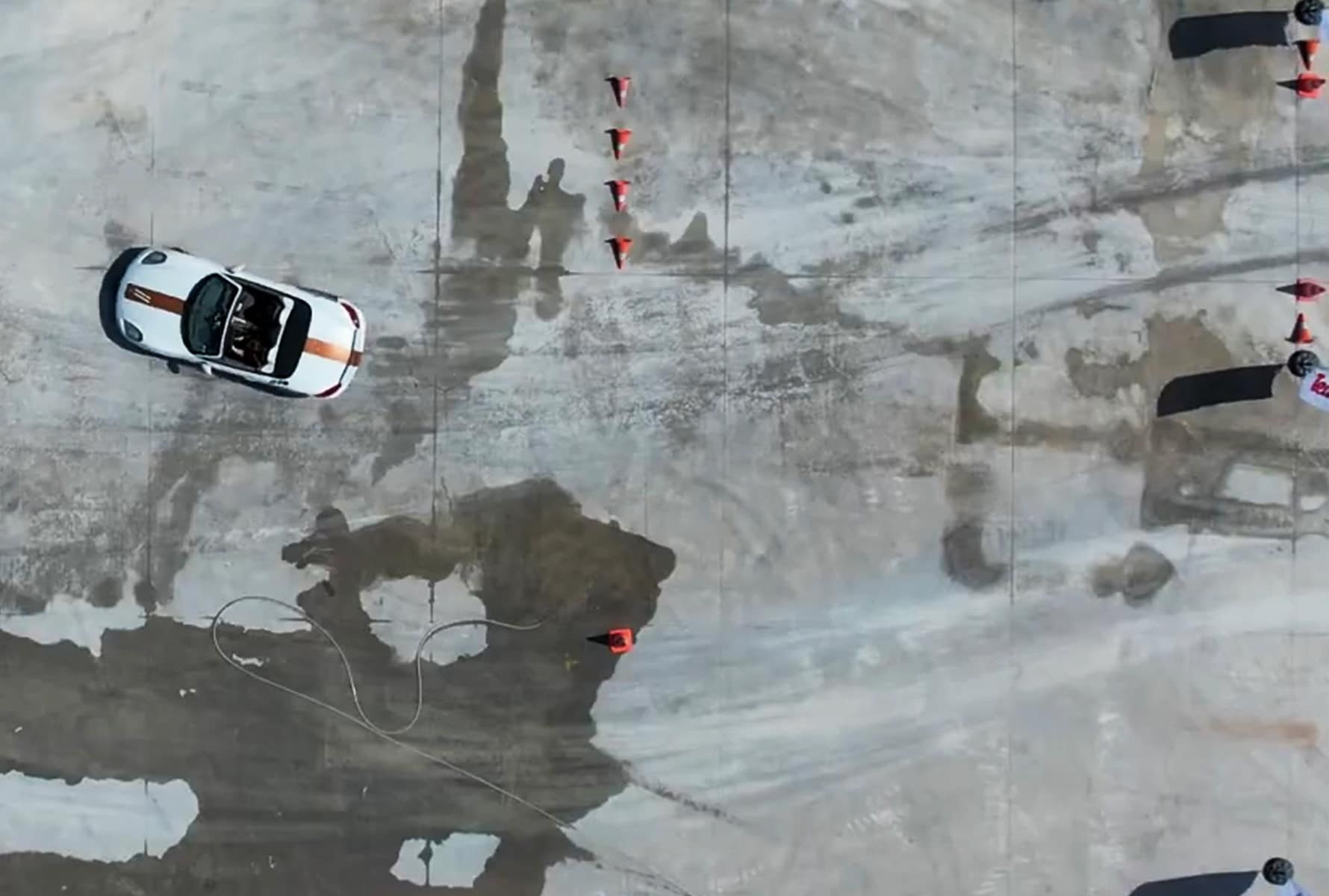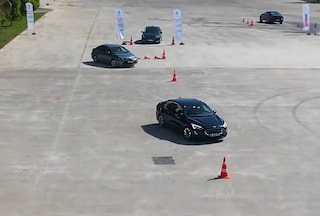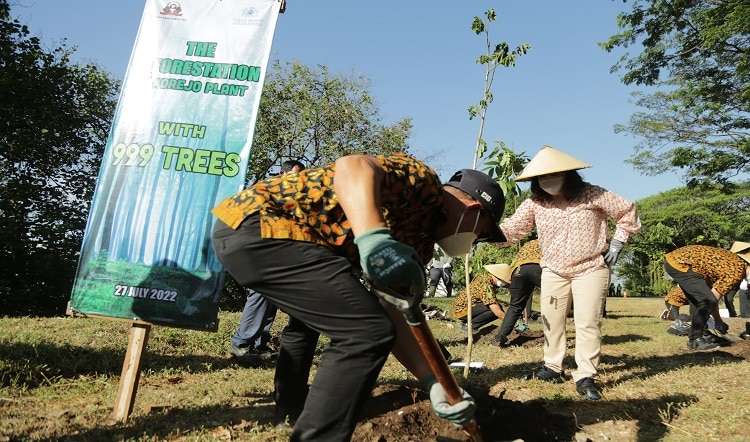If you wanted to lower carbon emissions, safer driving might not be the first thing that springs to mind. But, as the team in Philip Morris Turkey (PMI Turkey) have shown, employing safer driving strategies can help minimize environmental impact, while also reducing accidents.
PMI vehicles in Turkey cover approximately 20 million kilometers each year. In 2017, the Fleet Driving Safety Project was initiated to evaluate driver behavior across the fleet, reduce accidents, and lower carbon emissions. Practices included the assessment of driving behaviors and fuel consumption, as well as the analysis of driving and road conditions. The team also switched to hybrid and electric fleet vehicles to lower carbon emissions.
Speaking about the initiative, Kağan Ozel, Manager Market Safety at PMI Turkey & MEA said: “The aim of the project is to reduce the collision rate, (one of the global driving safety performance indicators) and lower our fleet carbon footprint by decreasing fuel consumption thanks to telematics systems, which were implemented in 2022.”
Driving sustainability forward in Turkey
Hello everybody, my name is Kagan Özel.
I'm the Market Safety Jr. Manager at Market Security & Safety Department, at Philip Morris Turkey.
My job is all about providing sustainable innovation resources,
and contributing to business continuity within the organization.
As the world is becoming more digitized, we've moved our training courses,
especially those on driver safety, to e-learning platforms.
Our employees can now access our training courses, on their laptops, iPads and phones.
As for driver safety, we're focusing on a behavior-based work safety system.
Our employees can also monitor their own driving performance in the system.
This way they are able to continuously improve their driving performance.
While analyzing the fuel consumption of our drivers, we found that safe driving clearly reduced
fuel consumption and carbon emissions.
As for our golden rules: we defined ten golden rules, based on the lessons we learned from previous accidents.
With those rules we help our drivers to continuously make a difference.
Through a range of diverse and dedicated programs, the PMI Turkey team drastically reduced their driver accident rate, while also lowering the carbon emissions of their driving fleet.
“The biggest benefit of this initiative is protecting our drivers who are in traffic every single day—and their families, too,” says Kağan. “We’ve also seen a big increase in driving safety awareness, a reduction in accidents, and more environmentally friendly driving.”
The initiative also saw drivers taking part in safe driving courses, which offered helpful tips and real-life driving scenarios where they could safely practice skills to help improve their driving.
“Fleet safety is so important to us, and it was enjoyable to come together,” said PMI Turkey employee Sercan Coban about attending the training day.
And the results speak for themselves. 2022 saw no collisions, which is an astounding change in just five years, from the 28 recorded in 2017.1 This could be attributed to the addition of digital devices that assist drivers by alerting them when needed—for example during harsh acceleration and breaking—to encourage safer driving practices and lowering fuel consumption.
“Within the scope of the project, 112 fleet vehicles (50%) were replaced by environmentally friendly hybrid vehicles with improved technology in 2021,” said Kağan. “In 2022, e-calling has been put in practice, which can also contribute to the success of the project. These are notification systems that autonomously inform law-enforcement agencies or ambulances in case of accident.”
In addition to this, the team now have strict criteria before they hire or buy a new vehicle for their fleet, such as ensuring vehicles have pedestrian safety features as standard. There’s been a new focus on sourcing hybrid and electric vehicles, to ensure that more environmentally friendly vehicles are chosen. To ensure maximum employee engagement, all new drivers now take part in a multimedia onboarding course, and there are also mobile devices used for training, including a course on eco-driving.
“Sustainable fleet driving safety is an important focus for our company. It’s vital to protect our people, our assets, and our reputation—safety and sustainability are paramount for us,” says Kağan.
Since the beginning of the initiative, employees’ awareness in the field of environmental sustainability and driving safety has increased significantly. This is in part thanks to the driver feedback, which was an important pillar of the project. Telematic systems within the vehicles provided a feedback loop to staff on their driving, which was perhaps surprisingly well received by those involved.
With a welcome reception from all involved, the project is going from strength to strength. It is being re-evaluated annually to ensure it remains agile and responsive to the ever-changing needs of both the team and the company.
“Driver safety is so important to us,” concluded Kağan. “These efforts will support not only fleet driving safety, but also reduce our carbon footprint, which truly is a win-win situation for us.”
1 All stats are audited from an independent third party/externally validated data.





